Opinion: Apocalypse Internet Edition?
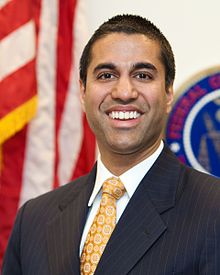
Photo Credit: Image via Wikimedia Commons.
November 28, 2017
Recently, discussion about a principle known as net neutrality has reached a fever pitch. Net neutrality is the concept that Internet Service Providers, such as XFINITY, Verizon, and AT&T, must treat all traffic on their networks the same.
In other words, they can’t block, throttle, or charge differently based on a user or website. Under these rules, they can’t control what we see and do online, only how much they charge for the amount of data that we use. By many standards, the rules — which were first put in place by the Federal Communication Commission (FCC) — guarantee the Internet remains an open, free, and vital part of our lives.
The rules were put in place to regulate the increasingly centralized and monopolized ISP industry, which has become more brazen about interfering with traffic on their networks. For example, in 2014, Comcast slowed Netflix to a halt unless Netflix began paying for extra services. In 2011, AT&T tried to block FaceTime usage unless users paid for a more expensive plan. Finally, when Comcast sued the FCC in 2013, they were asked if they would purposefully favor some preferred services, content, or sites over others if an earlier net neutrality was repealed, to which they said they would explore it.
To understand what net neutrality could mean for you, consider what consumers face in Portugal. A 2017 data plan by Portugal’s ISP MEO shows six different extra packages each costing an additional €5 per month. One package unblocks access to social media, another messaging services, one for video streaming, one for music, and finally one for cloud services. In the US, that would mean not being able to access Netflix without paying extra for a new streaming plan, being forced to buy a new mobile plan to use any social media, or not being able to access a competitor’s site — all practices that ISPs have tried to employ before.
Yet, the newly appointed FCC Chairman, Ajit Pai, has campaigned to repeal the rules that protect consumers with a vote on December 4. He argues that the rules have reduced investment in, and profits of, ISPs and strangled the market. With a repeal of net neutrality, he states, free market competition would return, and investments would increase. However, he has faced significant backlash from every corner of the tech market, from small businesses, and from the American public, with a staggering 73% in favor of the rules across party lines.
In response, the Internet Association, a conglomerate of businesses such as Google, Amazon, Facebook, and many others, released a statement refuting Chairman Pai’s claims, stating “There is simply no reasonable justification for repealing the net neutrality protections currently on the books. The record fails to show any compelling evidence that the 2015 Open Internet Order has harmed the internet ecosystem, either through reduced investment or some other means.”
In fact, AT&T’s CEO once stated that they would “deploy more fiber” in 2016 than before the passage of net neutrality in 2015. Comcast’s CEO, in December 2016 told investors his resistance to the rules were because of “the fear of what Title II could have meant, more than what it actually meant.”
Nonetheless, Chairman Pai has made it clear that public opinion will not decide the outcome of net neutrality rules, even with roughly 99% of unique online comments on the FCC’s campaign, according to a Gravwell study funded by the FCC, being pro net-neutrality. The commenting system has been mired in controversy, however, with the New York Attorney General Eric Schneiderman opening an investigation into 800,000 falsified comments against net neutrality using stolen American identities.
With little public or private sector support, and not much economic foundation, the repeal of net neutrality will not be decided in the court of public opinion; the fate of the Internet now rests in the hands of a five-member commission in Washington. Their decision, ultimately, will choose the direction of the fastest-growing industry in America, and the millions of Americans who rely on the internet to be an open, innovative, and reliable way to exchange ideas.

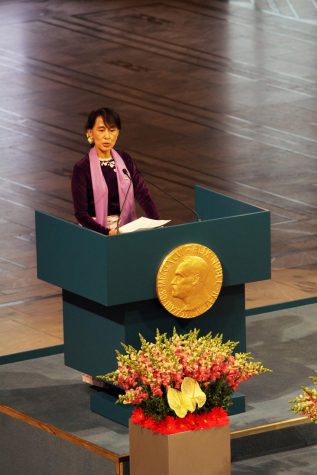
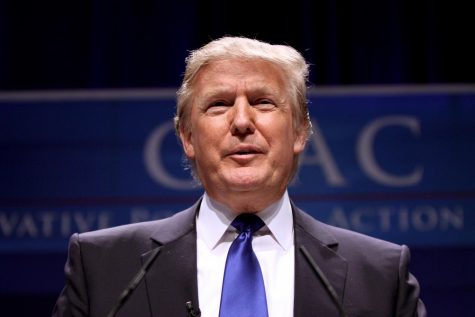



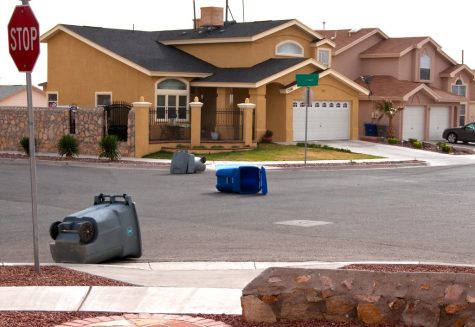
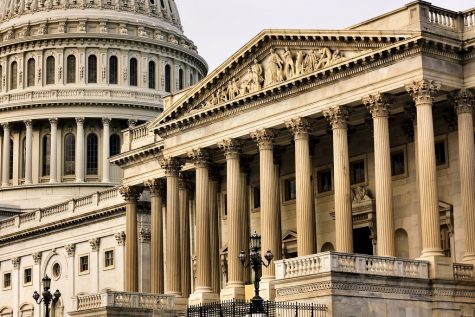
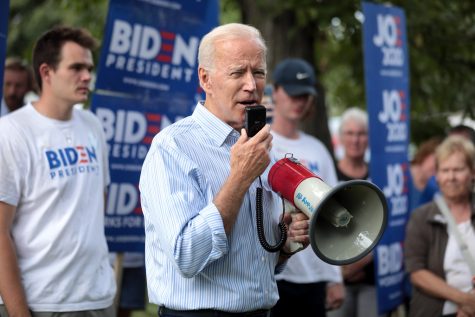
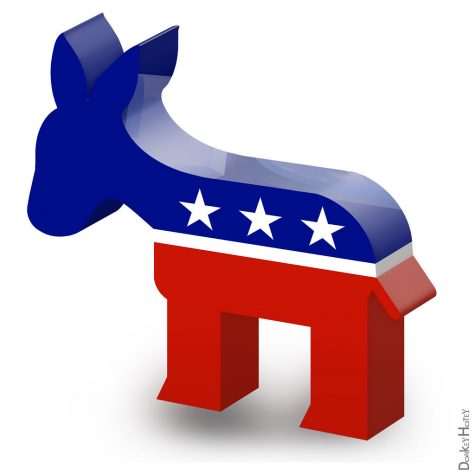
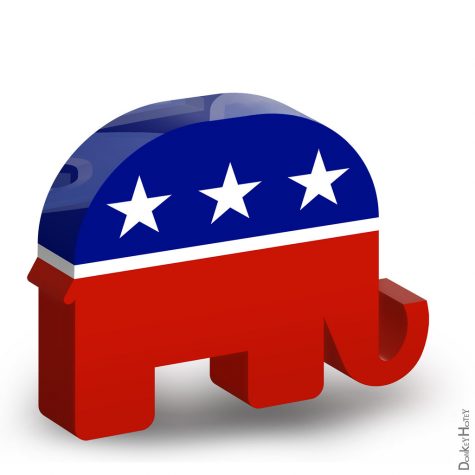
Trey Dixon • Jan 26, 2018 at 6:20 pm
Sorry, but the argument that a large majority of people agree on something is a fine way to settle broad topics in a democracy, but it’s a wretched way to craft regulation in a technical sector.
“Net Neutrality” is fine, as a nebulous concept. Just like “Fairness” and “Good”, it’s hard to disagree with the label. If you ask the average person “should things be fair”, they will say yes.
Ironically, your own example of Portuguese internet shows not the horror of life without Net Neutrality, but life with it. Net Neutrality is the name given to a laundry list of industry regulations. Portugal is a member of the EU, on whose internet regulations Net Neutrality was based.
So, on the face of it, “we will be like Portugal” is not only wrong, it is the polar opposite of right. NN instituted exactly the ugly overbearing utilities codes that make the EU a terrible place to innovate. Instead of asking “do you want the internet to be neutral and fair”, a question that it’s hard to say no to, try asking the question “name a problem you had in 2010 and how NN fixed it.”
The internet sector was regulated before Net Neutrality.
Those regulations worked.
As we listen to celebrities tell us that without NN, we won’t have Netflix or we will get charged extra for using Twitter or whatever, let’s remember that we had free and liberal access to all of the internet before NN.
Odious and oppressive regulation is bad. It’s still bad even when it has a nice name.
And I want my regulations established by a board of technically-informed industry specialists, not by 76% of “the public”. This is the same “public” that the Macarena and Gangham Style were awesome.